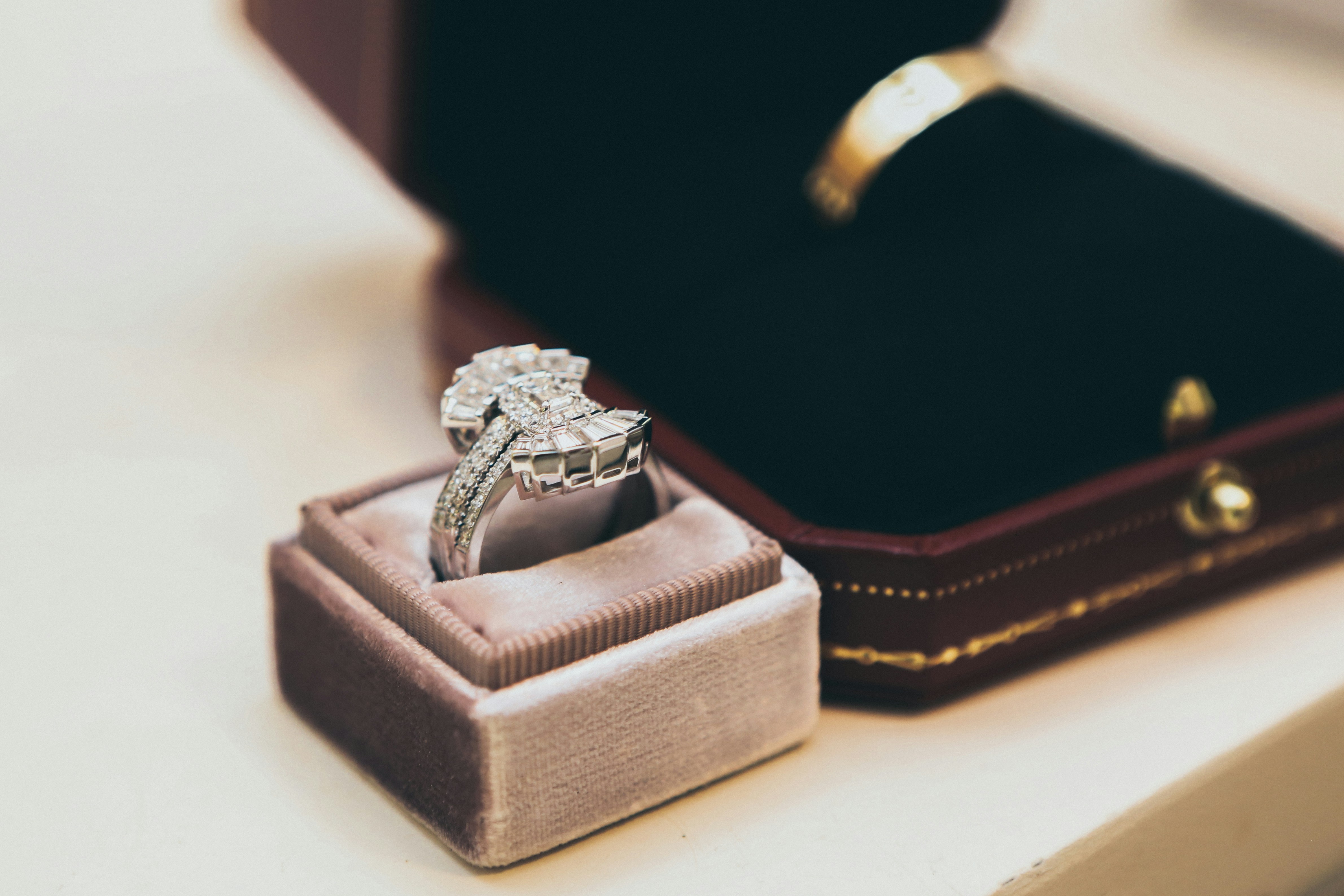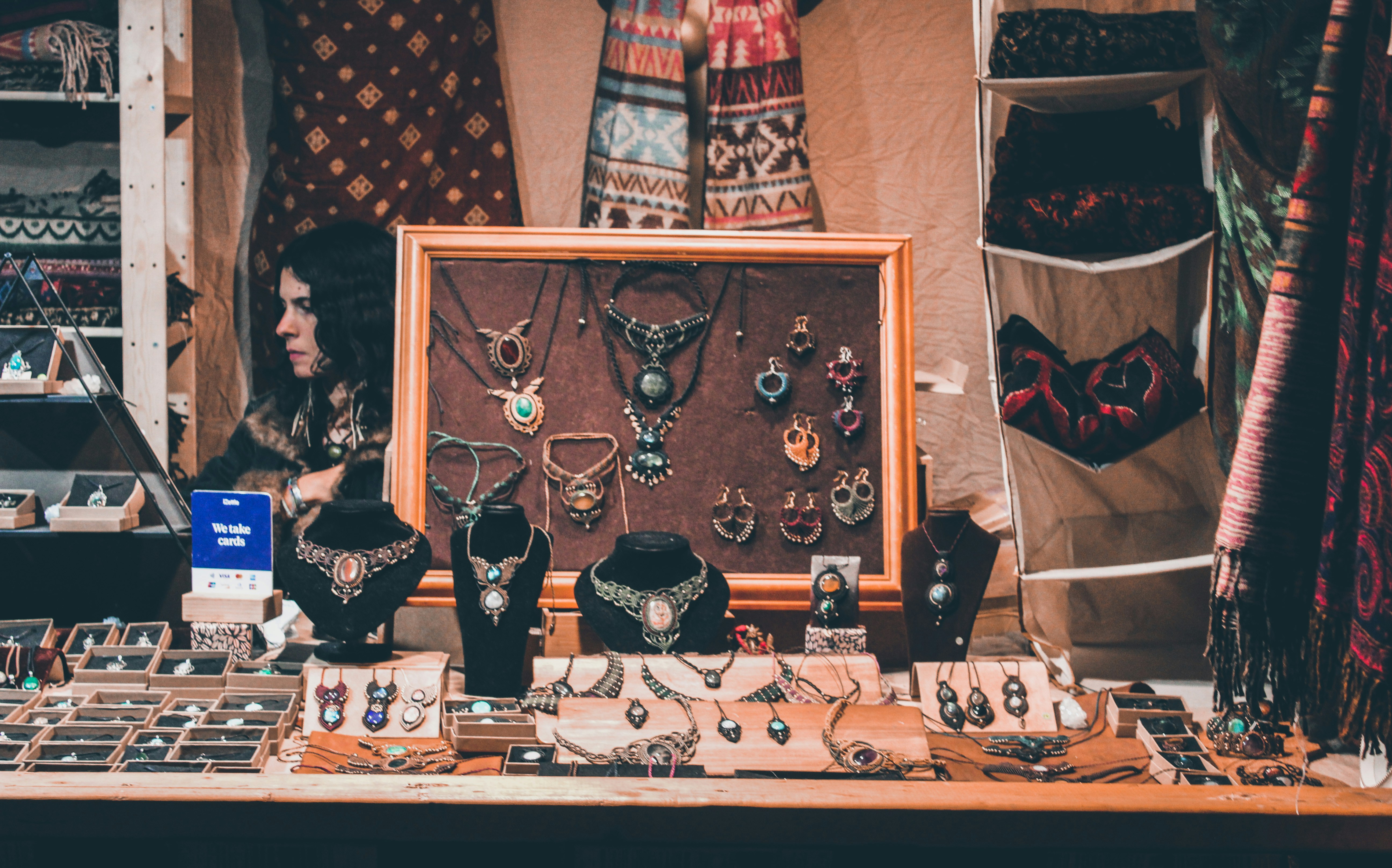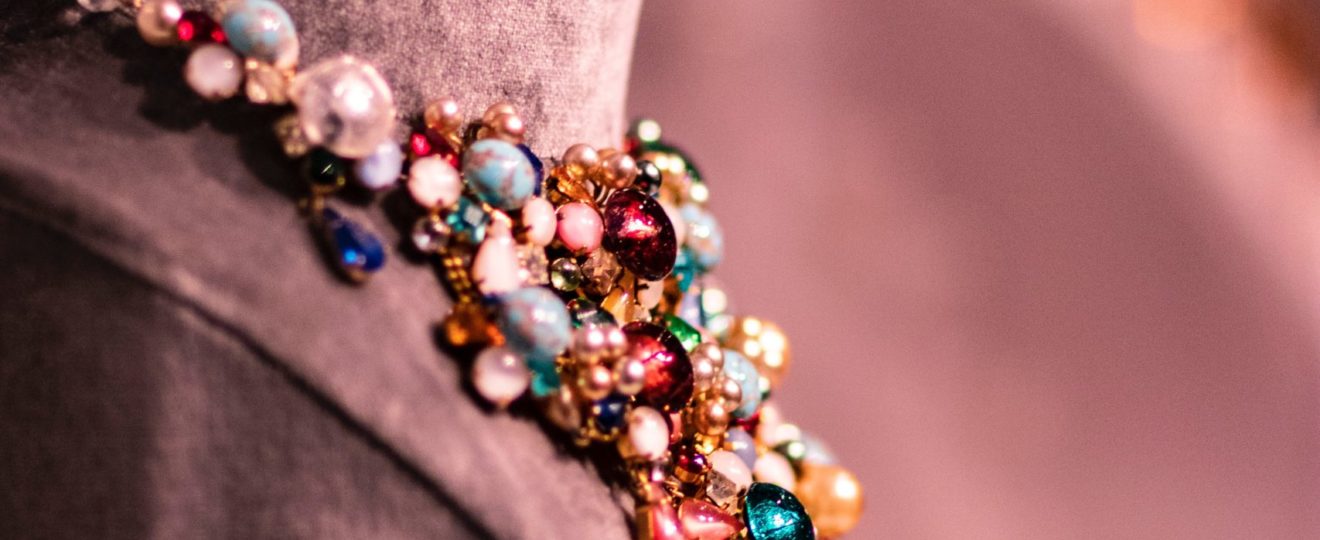Jewelry is a type of accessory which brings enjoyment to people, represent status, and also acts as a form of decorative ornamentation for various styles of dress. Across the world, jewelry is worn by all segments of the world’s population and comes in many forms and styles. The world’s leaders in the jewelry market include China, the United States, Japan, and India in ranking from highest to lowest. In 2020 alone, it was expected that the jewelry market would increase from $42 billion to over $60 billion by 2025.
Though the diamond jewelry market is the most valuable in the United States, there are a variety of jewelry trends that buyers latch on to. These include minimalist gold bangle sets, gold necklace sets, ear hugging hoops, large costume gems, and heavy-duty chains. When searching for the best pricing and quality with jewelry, it’s best to seek out the assistance of a jewelry broker. Here’s a guide to jewelry brokers to help you on your journey to purchasing and selling jewelry.
What is a jewelry broker?

A jewelry broker at the simplest level is a go-between who acts on your behalf with the jewelry industry. They are a hired professional of sorts who acts “against” the jewelry industry to ensure that you are getting the best deal possible when it comes to purchasing or selling jewelry. Highly skilled and trained in the study of gems, jewelry, and diamonds, these brokers do their best to ensure that you aren’t swindled.
Brokers like Wm. Roland Appraisers & Estate Advisor will do their best to keep you educated on the jewelry buying and selling process. In addition to this, they will also provide different jewelry options that can help the client to meet their budgets and wants. They will also help to negotiate the best possible price for the jewelry which you, their client might desire.
Jewelry brokers often charge a percentage that can range from 10 to 50 percent. This all depends on the services which are being provided to you the customer. Jewelry brokers can provide assistance in any environment, ranging from auction houses to local dealers.
Make sure your jewelry broker is in good standing and is insured.
When you take on the services of a jewelry broker you want to make sure that they are accredited and are in good standing. Make sure that they are on the up and up with organizations like the Better Business Bureau and the Jewelers Board of Trade. If they don’t have the backing of such organizations it’s best to seek out the assistance of another broker.
You’ll also need to see if your broker carries insurance coverage. You’ll want to ask for proof of adequate insurance coverage before the broker begins wheeling and dealing on your behalf with jewelry outlets. Some common forms of insurance which jewelry brokers might have include general liability insurance and jewelers block insurance. For your own sake, if you are purchasing jewelry it’s best to have the items covered by homeowner’s insurance or renter’s insurance. Making sure that you hire a jewelry broker who is insured and in good standing will help you in the long run.
Request that your jewelry broker is upfront about their fees and commission rates.

No one likes to be surprised when it comes to money. Having hidden costs and fees crop up on you can hurt your pockets in the long run. When you take on the services of a jewelry broker, to avoid being surprised when it comes to costs, it helps to request that they be upfront about their fees and commission rates. This can help you to better budget what you will be spending on a piece of jewelry, while also making sure that your broker is taken care of.
In some cases, a broker might offer a guaranteed payout price, with no indication of the final sales price. When this happens, you have no way of knowing how much of a percentage they’ve made when selling your jewelry. On the commission side of things, you’ll want a broker who will let you know what their commission will be based on the final sales price. Don’t be afraid to ask about fees and commission rates when seeking the services of a jewelry broker.









